|
Clicking on the book above takes you to an affiliate links. This means Me Two Books may earn a small commission should you make a purchase using the links. Forget the grocery hauls, here is the haul I love the most. Check out what we checked out from the library...inspiring children's books! Clicking on the book above takes you to an affiliate links. This means Me Two Books may earn a small commission should you make a purchase using the links.
This post is in partnership with The Children’s Book Review and Bunny Books. All opinions are my own.
Book Information
Giveaway
Enter for a chance to win one of three signed copies of Lulu the Beaver or one of two very awesome Lulu the Beaver prize packs: The Illustration Pack or The Blast-Off Pack.
One (1) grand prize winner receives: THE ILLUSTRATION PACK
THE BLAST-OFF PACK
Clicking on the book above takes you to an affiliate links. This means Me Two Books may earn a small commission should you make a purchase using the links. Forget the grocery hauls, here is the haul I love the most. Check out what we checked out from the library...our favorite books from 2022! Clicking on the book above takes you to an affiliate links. This means Me Two Books may earn a small commission should you make a purchase using the links.
This post is in partnership with The Children’s Book Review and Foreword Publicity. All opinions are my own.
Book Information
Needles, the Forgotten Christmas Tree
Written by Richard Wagner Illustrated by Sydni Kruger Ages 3+ | 38 Pages Publisher: Mascot Kids | ISBN-13: 9781645437086 Publisher’s Synopsis: The world is not always a perfect place. Needles, a scraggly little tree, must endure criticism, laughter, and setbacks to realize his goal of becoming a beautiful Christmas tree. This is a story of dreams, desires, hope, determination, and never giving up. It also offers the observation that what others think is beautiful may not really matter. Beauty is truly in the eyes of the beholder and paired with the spirit of Christmas, maybe we can make the world just a little more perfect! Giveaway
Enter for a chance to win a copy of Needles, the Forgotten Christmas Tree, autographed by Richard Wagner.
One (1) winner receives: - An autographed copy of Needles, the Forgotten Christmas Tree This post contains affiliate links. This means Me Two Books may earn a small commission should you make a purchase using the link.
This post is in partnership with The Children's Book Review and Medea Kalantar. All opinions are my own.
Not only is the story in this book entertaining, but it teaches some very important lessons about diversity and breaking down limits.
~Ali Dunn, Me Two Books
Book Information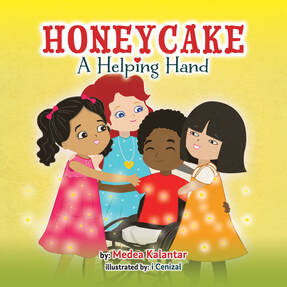
Honeycake: A Helping Hand
Written by Medea Kalantar Illustrated by i Cenzial Ages 4+ | 33 Pages Publisher: Medea Kalantar | ISBN-13: 9781777289768 Publisher’s Book Summary: In the sixth installment of the delightful Honeycake book series, Nala’s uncles, Victor and George, take her to a fundraiser where she meets Alexis, a girl with an artificial arm. Through her interactions, Nala learns that you are never too young to lend “a helping hand,” that it’s okay to be different, and that being different doesn’t stop you from doing great things in life.
Medea Kalantar is a Reiki master and practitioner, a Guinness World Record Holder, and a multi-award-winning, best-selling author of the Honeycake Book Series(TM). Inspired to write these books when she became a grandmother, Kalantar’s stories are based on her own family, whose members come from many ethnic backgrounds. This unique mix is a perfect recipe—just like the spices in a honey cake. That is why she calls her grandchildren her little Honeycakes.
Book Review
Themes: Inclusion, differences, people with disabilities
Honeycake: A Helping Hand, is the sixth book in the Honeycake series. The main character Nala meets a girl with an artificial arm, and learns how to embrace and celebrate the differences that unite us all. Not only is the story in this book entertaining, but it teaches some very important lessons about diversity and breaking down limits. The book also contains a glossary of words used throughout the book, which is a great way to build understanding around terms that some children may be hearing for the first time. I love the message of this book, and it is one that your children will want to read over and over. As if that wasn't reason enough to add this book to your home library, all proceeds from each book sale goes to The War Amps CHAMP Program. Giveaway
Enter for a chance to win 6-book set of the Honeycake series with bookmarks—including a copy of Honeycake: A Helping Hand autographed by Madea Kalantar!
One (1) grand prize winner receives: - A signed hardcover copy of Honeycake: A Family of Spices - A signed hardcover copy of Honeycake: Help, I Swallowed a Butterfly - A signed hardcover copy of Honeycake: Special Magical Powers - A signed hardcover copy of Honeycake: A Circle of Trust - A signed hardcover copy of Honeycake: Counting All My Blessings - A signed hardcover of Honecake: A Helping Hand -Bookmarks Four (4) winners receive: - A signed hardcover copy of Honeycake: A Helping Hand Five (5) winners receive: - A signed paperback copy of Honeycake: A Helping Hand
This post is in partnership with The Children’s Book Review. All opinions are my own.
Book Information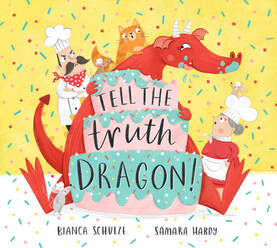
Tell the Truth, Dragon!
Written by Bianca Schulze Illustrated by Samara Hardy Ages 3+ | 32 Pages Publisher: Clever Publishing ISBN-13: 9781954738034 Publisher’s Book Summary: Acknowledging and owning up to a mistake is a very difficult task for children—and it’s not always easy for adults, either! In this most recent installment of the popular Dragon series from Clever, Tell the Truth, Dragon introduces a situation in which Dragon blames someone else for the mistake she makes. Gentle text prompts readers to encourage Dragon to tell the truth and apologize for her mistake, even though it’s a tough thing to do. Dragon realizes her mistake and offers an apology—and then more than makes up for it! Designed to be a read-aloud, parents will take pleasure in the playful text as much as children will enjoy following the prompts to interact with Dragon. The whimsical and colorful illustrations enable the dragon to jump off the page and will delight readers with her personality on every page. Giveaway
Enter for a chance to win a 4-book set of the Dragon series—including a copy of Tell the Truth, Dragon! autographed by Bianca Schulze—a framed 'Growing Readers' print illustrated by Samara Hardy, and a $50 Bookshop.org gift card!
One (1) grand prize winner receives: - An autographed 4-Book Set of the Dragon series, including: Don't Wake the Dragon, signed by Bianca Schulze Just Be Yourself, Dragon, signed by Bianca Schulze Who Loves the Dragon?, signed by Bianca Schulze Tell the Truth, Dragon, signed by Bianca Schulze - A framed 'Growing Readers' illustration by Samara Hardy (Art Size: 7" x 7", Final Frame Size: 12.88" × 12.88") - A $50 Bookshop.org gift card Two (2) winners receive: - A copy of Tell the Truth, Dragon, signed by Bianca Schulze Clicking on the book above takes you to an affiliate links. This means Me Two Books may earn a small commission should you make a purchase using the links. Forget the grocery hauls, here is the haul I love the most. Check out what we checked out from the library...books about twins! Clicking on the book above takes you to an affiliate links. This means Me Two Books may earn a small commission should you make a purchase using the links.
This post is in partnership with The Children’s Book Review and Dover Publications. All opinions are my own.
Book Information
Giveaway
This post is in partnership with The Children’s Book Review and Amy Nielander. All opinions are my own.
Book Information
Giveaway
Enter for a chance to win a signed copy of My Name Is Not Ed Tug, the Potato-Noodle-Feel-Better Soup recipe featured in the story, and a Name Journal!
One (1) grand prize winner receives: - A signed copy of My Name Is Not Ed Tug - A Potato-Noodle-Feel-Better Soup recipe (soup is featured in the story). The digital download includes an "Ingredient Checklist coloring page" for kids. - A Name Journal: A 3.5" x 5" pocket-sized journal with 32 blank pages (100% recycled paper). Two (2) winners receive: - A signed copy of My Name Is Not Ed Tug |



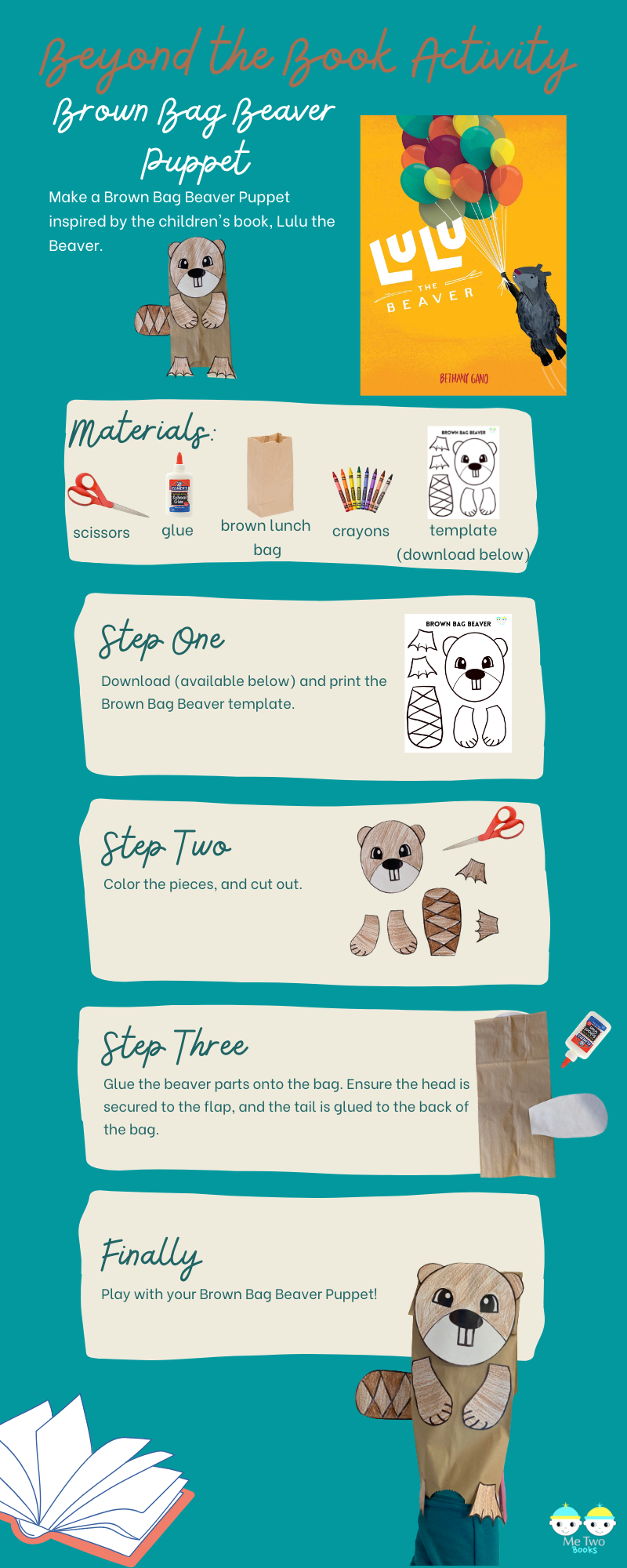

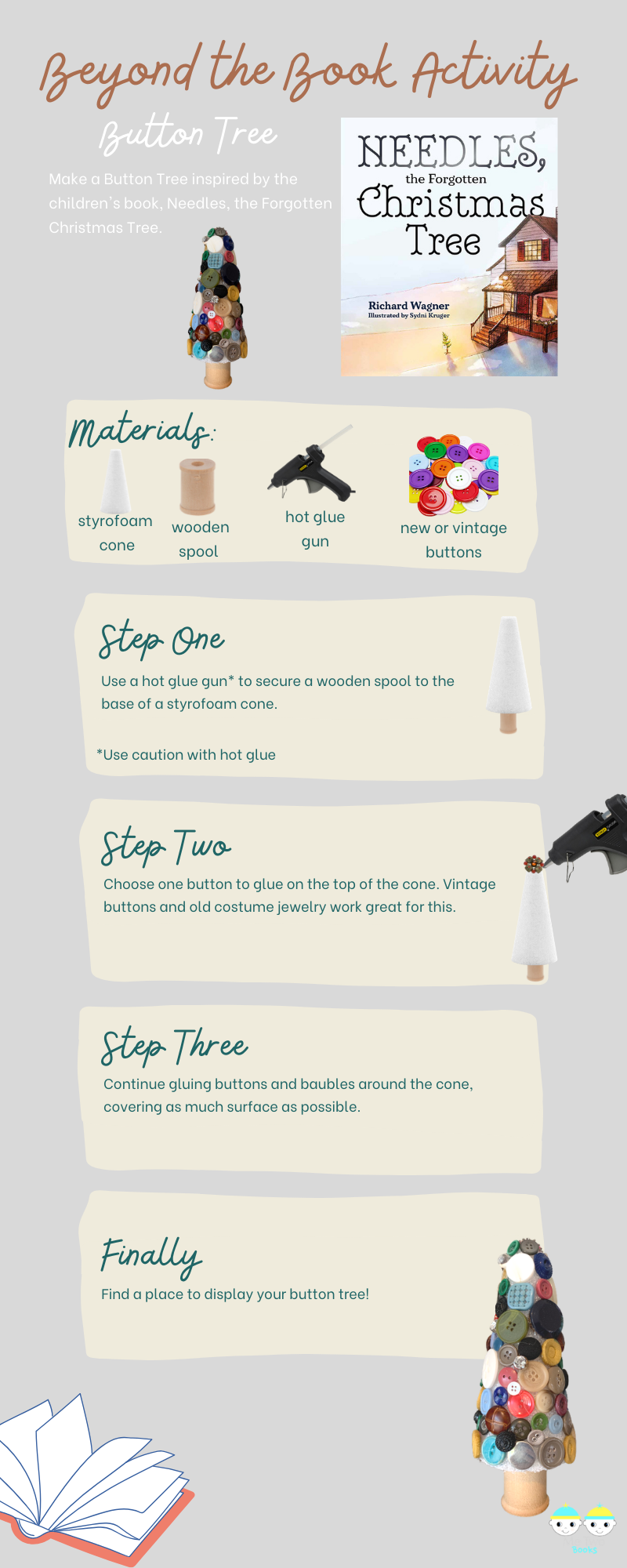
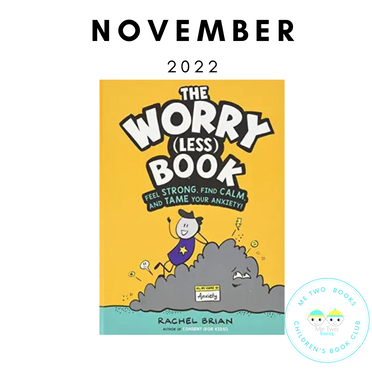
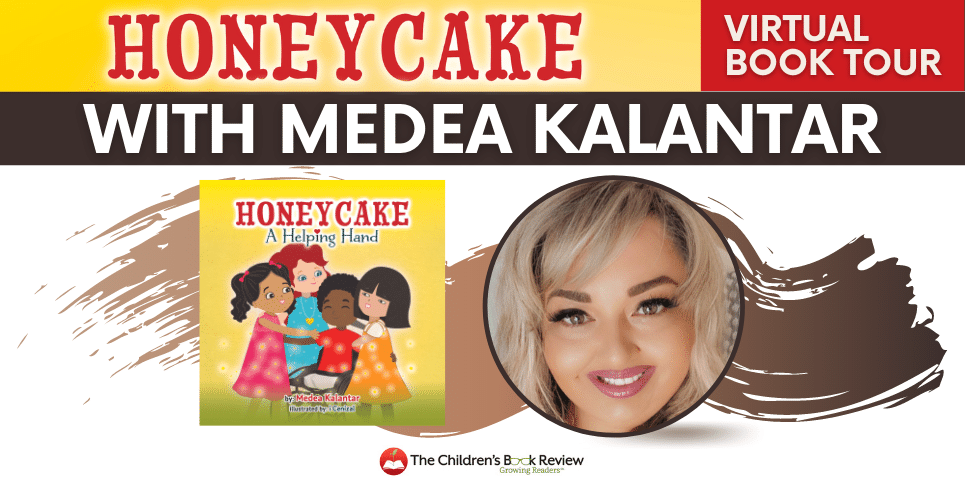
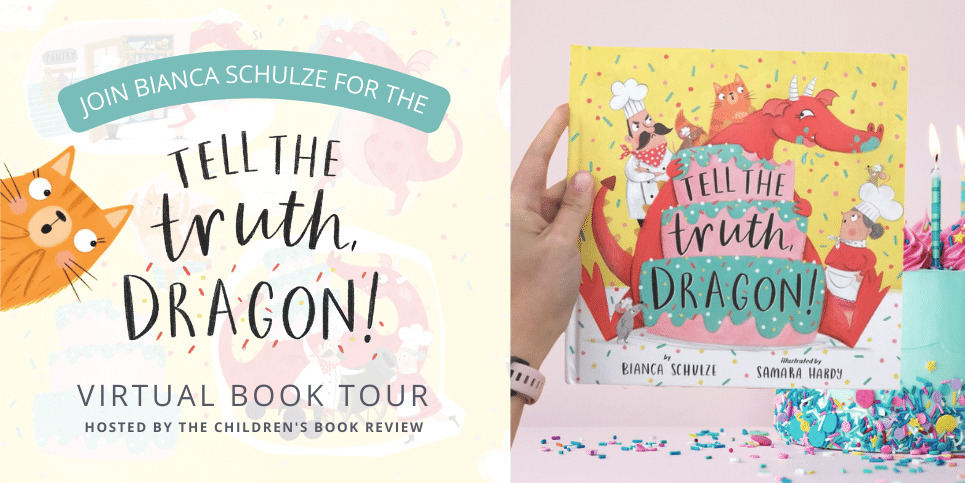
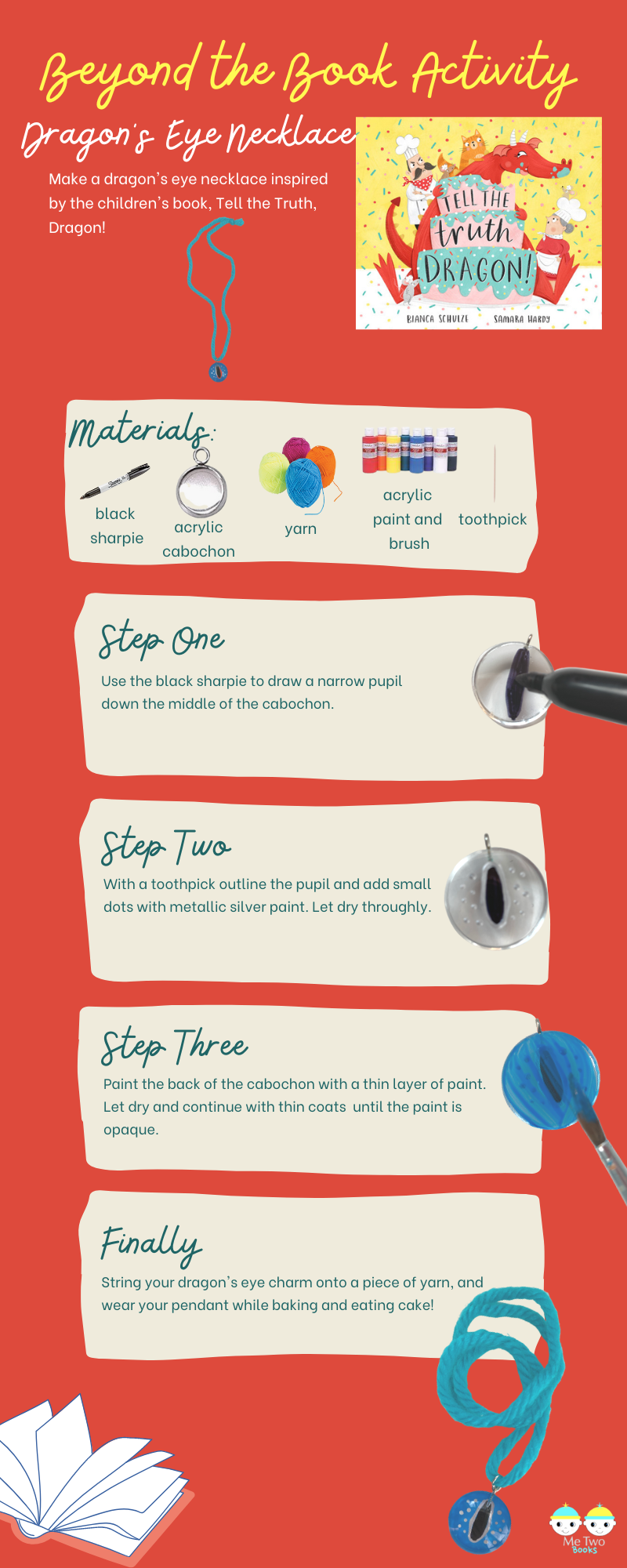


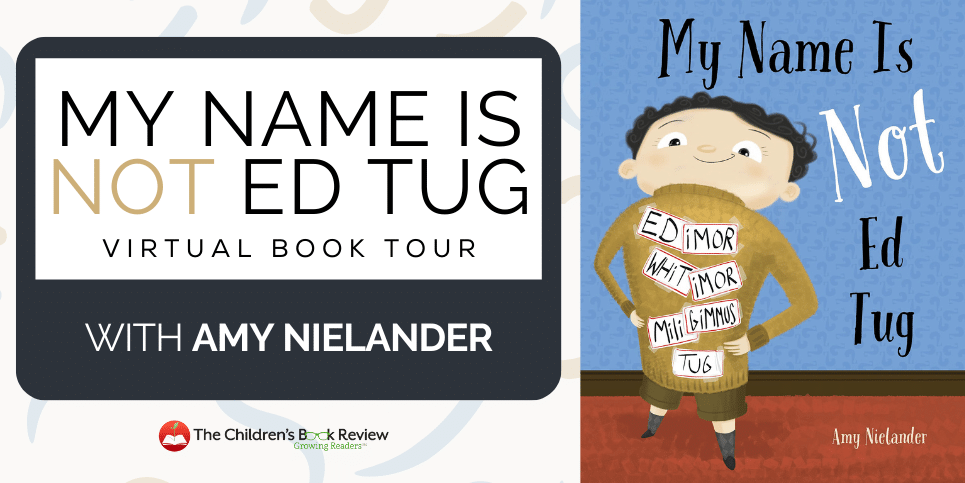
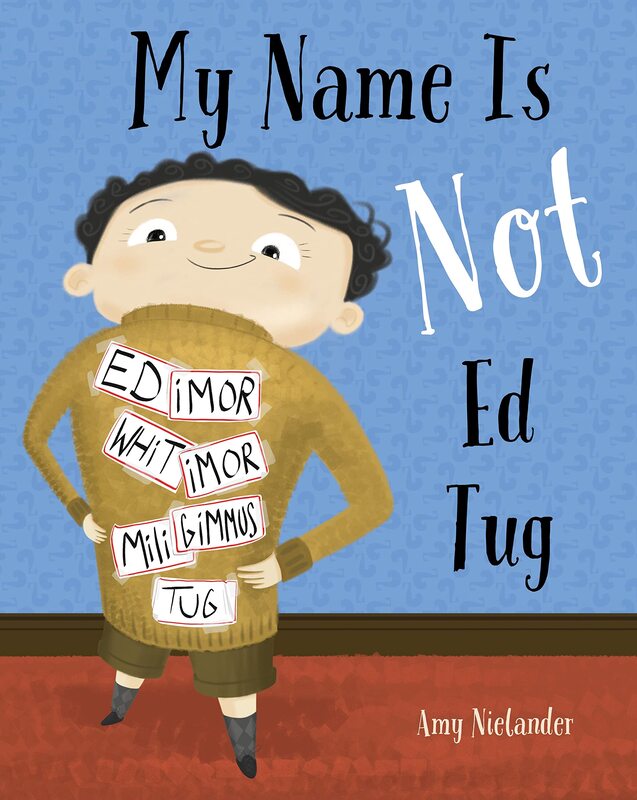
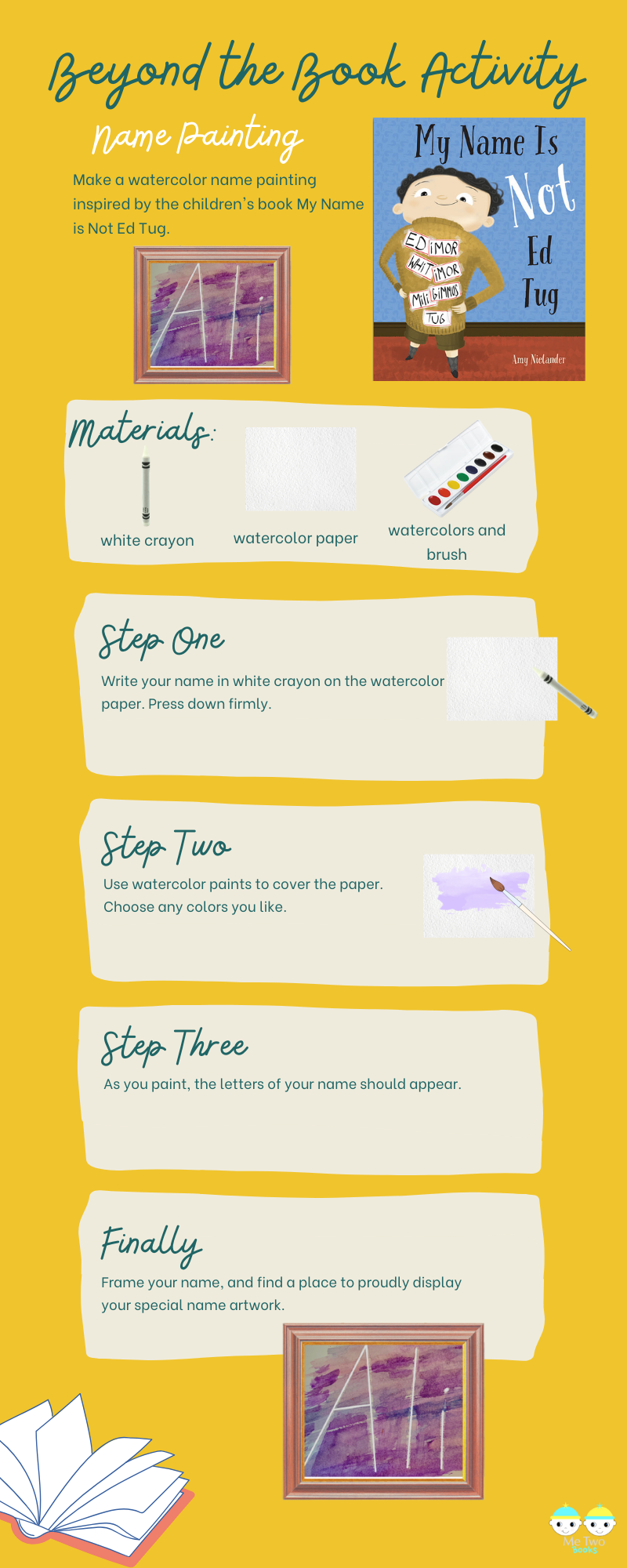
 RSS Feed
RSS Feed